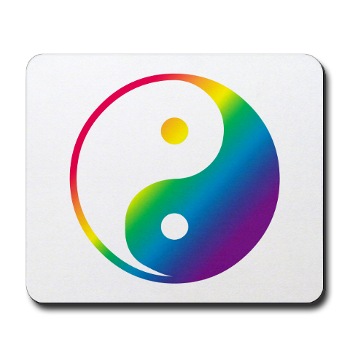 In what’s probably not a surprise to any Asian-American gay youth, Hyeouk Chris Hahm of the Boston University School of Social Work published a new study indicating this group often faces extended family and cultural social stresses that affect their ethnic and sexual identities. The study was published in the Journal of LGBT Youth, and indicated that both young men and women mask homosexual behaviors to avoid alienating their family and parents’ communities. In their relationships with others, they often have to decide which identity will take precedence — their ethnic or sexual identity.
In what’s probably not a surprise to any Asian-American gay youth, Hyeouk Chris Hahm of the Boston University School of Social Work published a new study indicating this group often faces extended family and cultural social stresses that affect their ethnic and sexual identities. The study was published in the Journal of LGBT Youth, and indicated that both young men and women mask homosexual behaviors to avoid alienating their family and parents’ communities. In their relationships with others, they often have to decide which identity will take precedence — their ethnic or sexual identity.
“In the Western gay and lesbian community, ‘coming out,’ is final revelation that you are homosexual while for Asian and Pacific Islanders in America of Korean descent, there is ‘coming home,’ where you want to integrate culturally and be both an American and Korean,” Hahm said in a statement. “This is not staying closeted but rather alluding to your sexuality to a family member, who may not challenge it, as long as the status quo within the family is maintained.”
For many in the Asian American gay community there’s the notion of balancing two lives, and the life you have with your family, where you are closeted, and the life you live based on your sexual identity. I straddled both worlds for much of my life, having the face I showed at family gatherings and events, and even bringing my “friend” along for many of these events. It wasn’t until I turned 30 that my two worlds collided. While I know some Asians who considered, and even married someone of the opposite sex to keep their cover with their family, that was something I knew I would never be able to do.
I’m not sure what it is about turning 30, but that seems to be the magical age in Chinese culture when you’re supposed to be married, and if you’re not, all hope seems to be lost. That’s the age my parents decided it was time for a sit down confrontation, and asked me point blank when I was getting married. At that moment, I came out to my parents and although they had problems accepting my sexual identity, things got better with time. But to the rest of the extended family, my husband was still just my “friend”, and that’s pretty much the way things stand today. My husband gets invited to all the family events, and everyone understands he’s also our daughter’s other parent, but no one mentions the word gay or homosexual; everything is just understood or implied. We even had a wedding reception, and family came, but the family doesn’t talk about it. It’s the two world culture that Hahm writes about in her study, and one I’m sure you’re all too familiar with if you’re Asian-American and gay.








